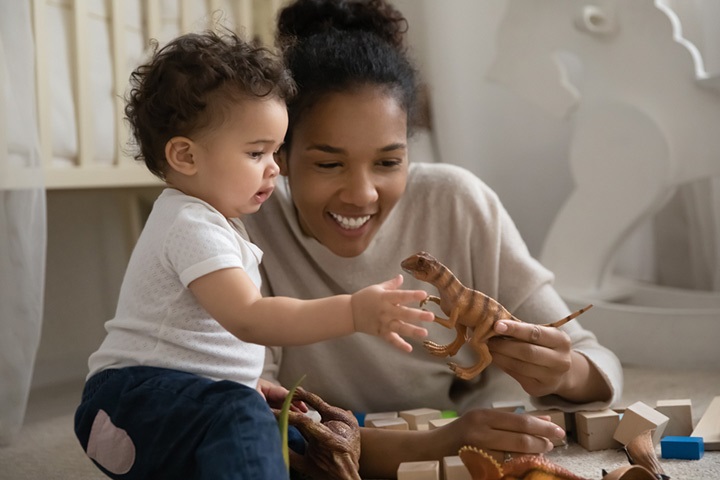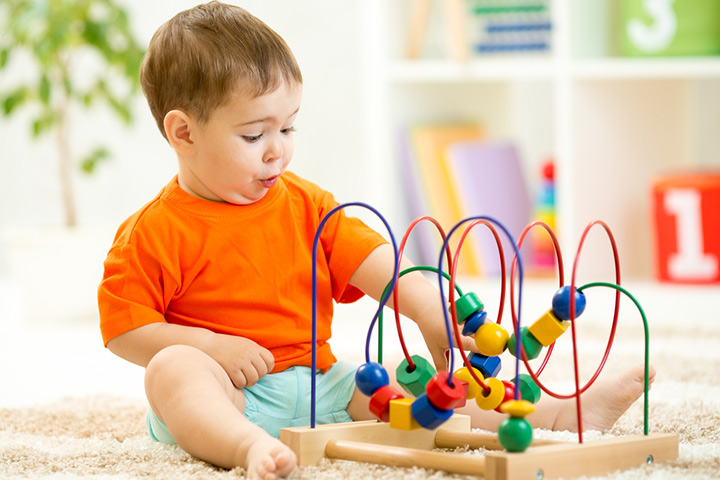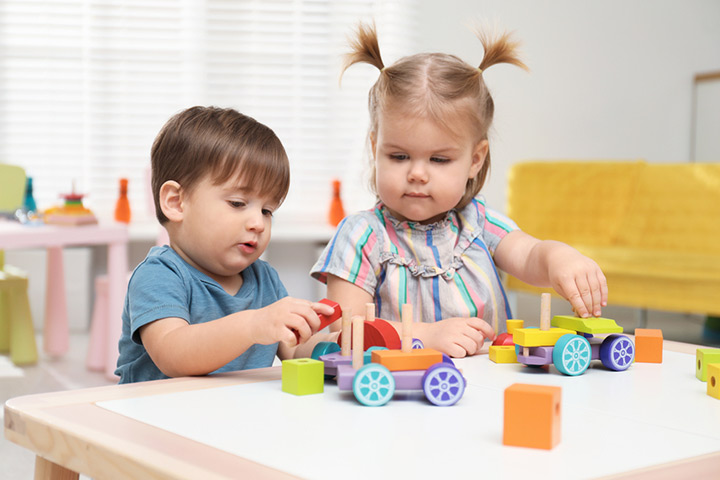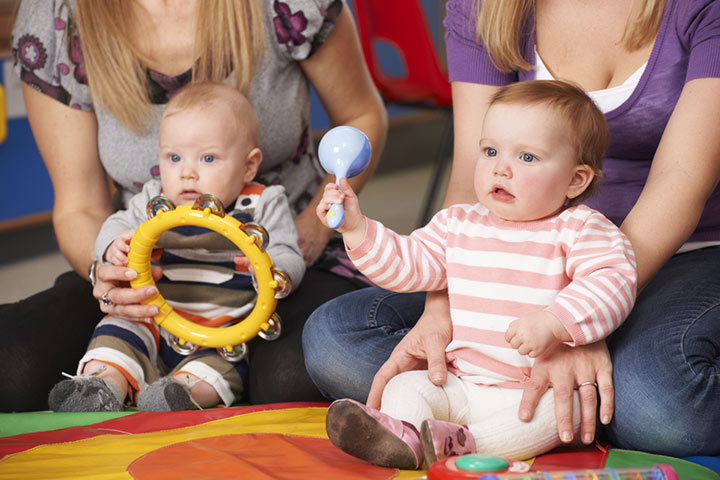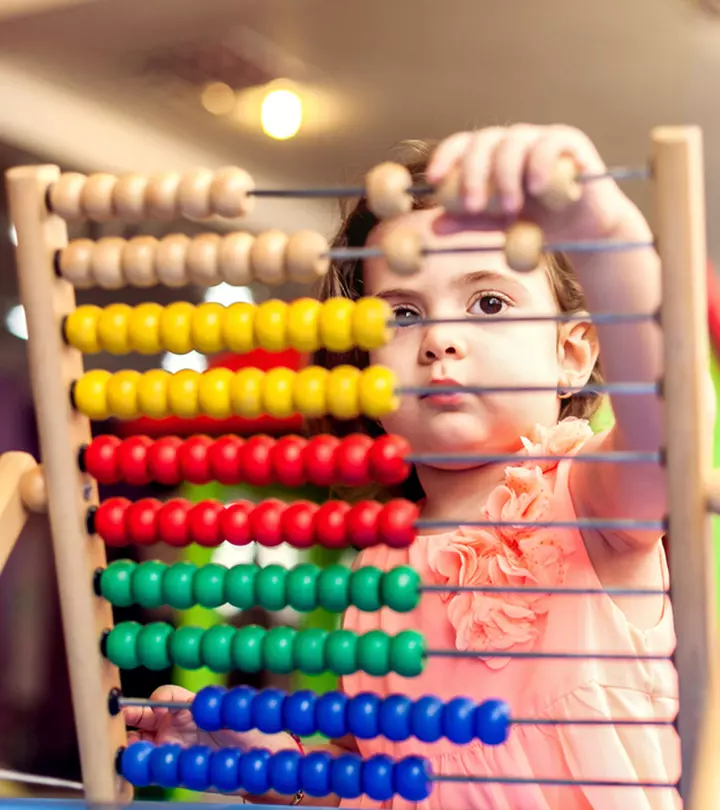
Image: Shutterstock
Children never fail to surprise you. One moment they are just a lump in your arms, and the next, they are playing in mud and climbing trees. The potential of a newborn always startles researchers, and as they go further with the studies, they seem to unfold new miraculous limits of what newborns are capable of. You must have noticed that children cling to you more when you are supposed to leave them, even if you have not even gotten ready or told them about your departure. They also know when you are angry or sad and want to make up for it. Here are some of the most remarkable ways in which children are exceptionally brilliant. Read on to know them all.
1. Children Can Detect The Introduction Of A New Language
Image: Shutterstock
This is a well-known fact, but recent studies have shed light on how infants’ brains can acquire many languages. Visual signals allow babies as young as four months to distinguish between languages (1). As a result of being raised in a multilingual environment, babies can learn different languages. Bilingual children have a more extended period in which their brains can learn new languages compared to those who only hear one language spoken in their household (2). This suggests that learning a second language is a “use it or lose it.”
2. Babies Can Recognize Others’ Feelings
According to research published in Developmental Psychology, children who have never or seldom interacted with Fido (a pet) could connect sounds of furious snarls and pleasant yaps with photographs of threatening and inviting dogs (3). In addition, previous research from the same group demonstrated that newborns can also detect Beethoven’s music’s mood fluctuations.
3. Babies As Young As A Few Months Old Can Decipher The Meaning Of Words
Image: Shutterstock
Infants can recognize the association between an image of an object and its name as early as six months (4). This is contrary to popular belief among child development experts. However, a recent study by the University of Pennsylvania found that this ability is present in babies even before they can speak (5). The authors of the study used photographs of food and body parts to show six- to nine-month-old newborns while their parents had given them simple commands (such as “Where’s the nose?”). When the word was spoken, the newborns focused more on it than any other visual, indicating that they understood what the phrase meant. The study’s authors believe this is another reason to keep talking to your infant, even if they appear to be staring blankly at you.
4. Infants And Toddlers Can Sense Fairness
You must have heard your child cry, ‘it’s not fair’ a hundred times, and they actually mean it! According to new research, babies begin to understand equivalence as early as 15 months old (6). Video clips showing milk or crackers being shared equally or unevenly between two persons were offered to the babies. The newborns paid greater attention whenever the uneven distribution indicated that they could notice the difference and were taken aback by it.
5. Infancy Values Selfless Behavior
Image: Shutterstock
Research indicated that children are happy when they offer items to others, contrary to popular belief (7). For example, toddlers were given Goldfish crackers and asked to deliver them to a puppet by researchers. Once the tool had been fed, the toddlers were given an additional goodie to offer it. Furthermore, according to researchers who watched them and scored their satisfaction, children are happier when they give up their own treat than when they were given an extra one.
6. Peer Influence Makes Toddlers Do What They’re Told
Do you want your child to learn to share, eat vegetables, and sleep well? Well, we know precisely how that can be done. Two-year-olds are more likely to repeat a behavior if three of their classmates are doing it. It is a reminder that even young toddlers might succumb to social pressure. So basically, if your little one is surrounded by kids praised for eating their veggies and has a reasonable timetable, your kid will mimic it soon. It is also the same with bad habits, so make sure you know who your kids are mixing with.
7. When Children Play Music, Their Brains Develop
Image: Shutterstock
In the past, you may have heard of a correlation between music and intelligence. New research shows that even infants benefit from music exposure. A study showed that babies who participated in interactive music classes had better communication skills than those who were not introduced to music (8).
Kids’ minds develop at a high pace, and they always grasp new things with everything going around them. As a parent, you must help them attain the correct information at the needed age. So, which among these points startled you the most? Let us know in the comments section!

